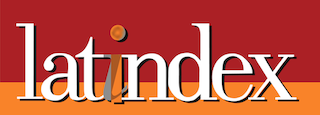Hashtags in advertising: from consented use to hijacking. Boundaries between illicit practices and freedom of expression
Abstract
If the birth of the hashtag is linked to individual communication, hashtags soon became a powerful tool for corporate or institutional communication. By using hashtags, a company can promote its brand more efficiently, encouraging consumers engagement; likewise, event organizers use hashtags as a privileged tool, stimulating dialogue with fans. Quite often, non-sponsors of an event want to be associated with it, giving rise to hashtags with explicit or veiled references to the event, outside its organization; hashjacking, the use of hashtags of a brand or event for purposes other than those for which they were created, such as discussing various contents or expressing negative feelings towards the brand or event, also emerges. Analysis of unwanted/authorized uses of hashtags resulted in the identification of practices of misleading advertising, unfair competition, trademark infringement and personality rights infringement, but also two large groups of lawful practices. In general, it is lawful to use hashtags with unauthorized reference to events, companies or other entities for social criticism or satire and equally lawful user-generated content that associate non-sponsors with certain events or brands. They are within the boundaries of freedom of speech.
Downloads
Direitos de Autor (c) 2024 - Revista de direito da ULP

This work is licensed under a Creative Commons Attribution-NonCommercial 4.0 International License.







